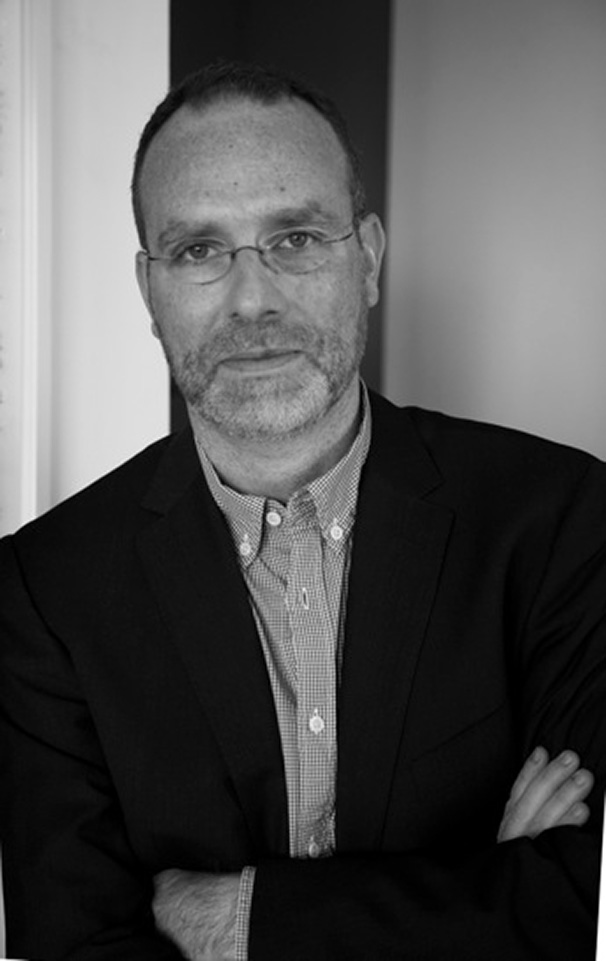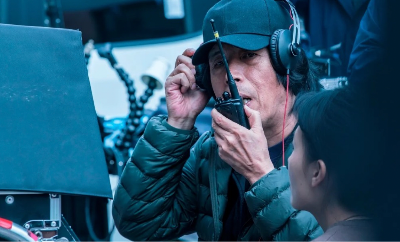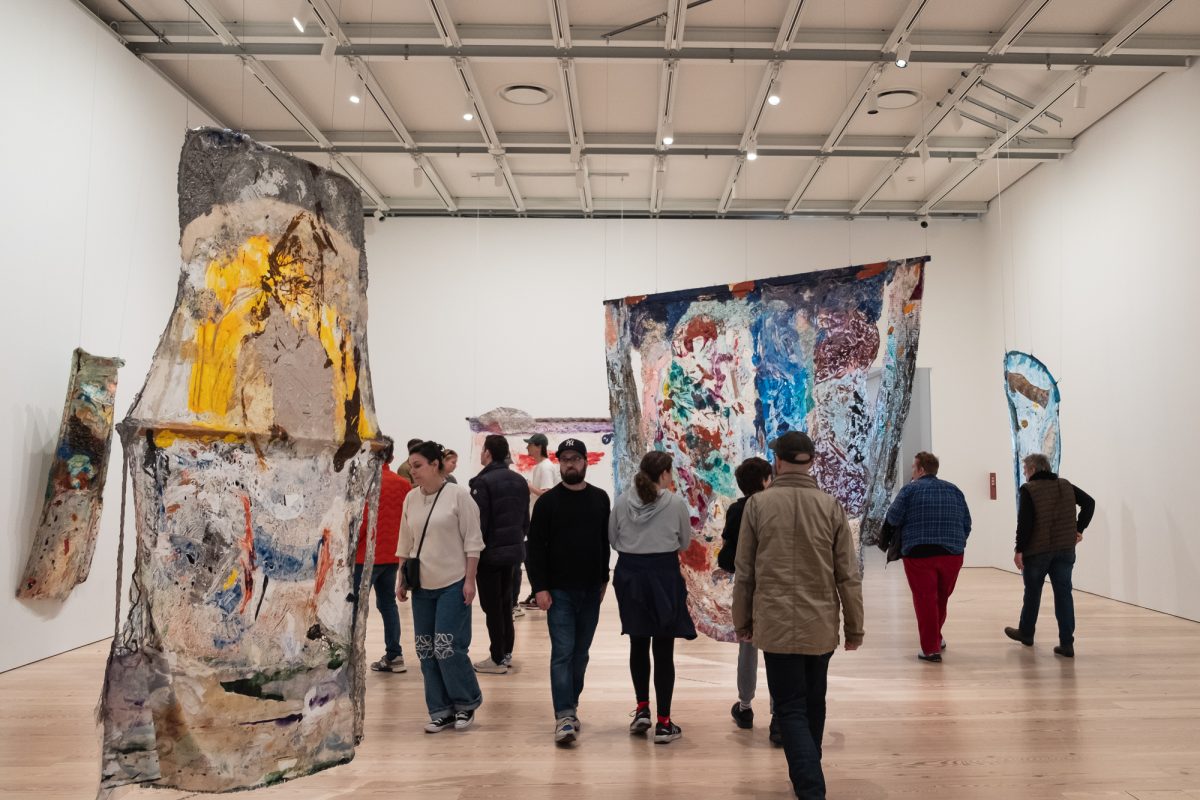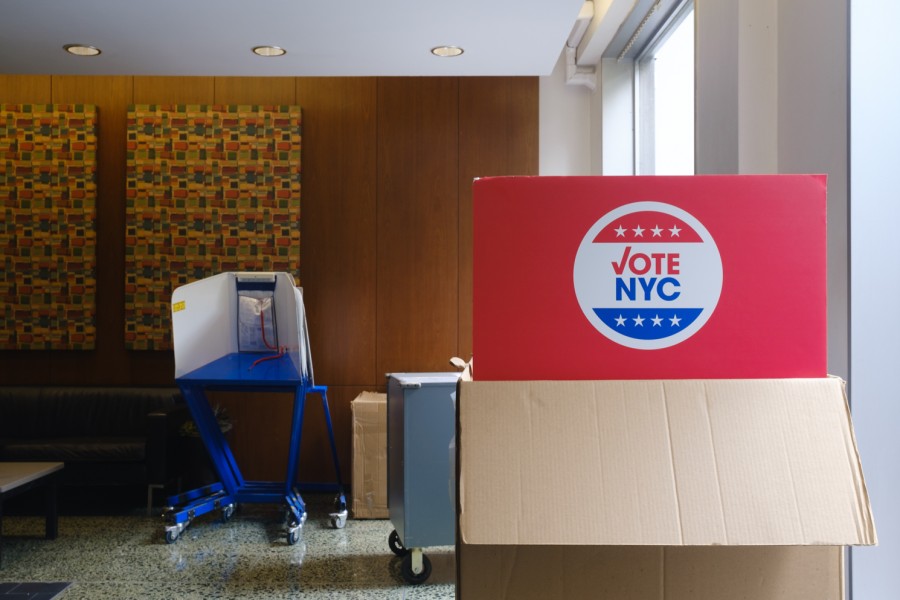
La Maison Française hosted a roundtable discussion on Feb. 10 about how Germans under the Nazi regime looted the property of Jewish citizens during World War II.
The event was organized because there was noticeable interest in the topic on campus, Francine Goldenhar, director of La Maison Française, said. Funding, provided by several NYU offices including the Institute of French Studies and the Center for International Research in the Humanities and Social Sciences, also helped bring the evening to life.
Beth Karlsgodt, an NYU graduate and professor of history at the University of Denver, was one of the panelists.
Her presentation centered on Rose Valland, a French art historian who secretly recorded information on the WWII raid, and James Rorimer, a U.S. officer who worked on securing artwork stolen from the Jews. Valland’s efforts, while important, were extremely life-threatening, Karlsgodt said.
“She knew she could have been deported or shot for what she was doing,” Karlsgodt said, adding that the upcoming film “Monuments Men” is based on Valland’s story.
“I think [the movie] is a rather disgraceful representation of both of them, but especially of [Valland],” she said.
Stéphane Gerson, one of the roundtable’s moderators and French studies professor, said the popularity of “Monuments Men” added to the reasoning for the event.
“A couple of months ago, Sarah Gensburger, who is a researcher in Paris, got in touch with me,” Gerson said. “And she knew the movie was going to come out, and there was [going to be] a lot of interest in the history of the ‘Monuments Men.’”
Gerson said he hoped people would explore beyond the movie to see the role looting played during the Holocaust.
Manhattan resident Margot Fox, who knew Valland’s story before attending the discussion, enjoyed Gerson’s portion of the roundtable.
“I was intrigued and amused by his talk about the film,” Fox said.
Another audience member, Stephanie Crossley, said she found the subject extremely interesting.
“I live in Paris [so] there are a lot of things I learned [tonight] that I had no idea about,” Crossley said. “Obviously I knew, like most people, about what we consider to be the major works of art being taken off by the Nazis, but I had absolutely no idea whatsoever about the ordinary everyday objects being taken from the Jewish families’ apartments when they had left the furniture, the pots and pans.”
Hearing this information was difficult, Crossley said, because the French had not catalogued most items. Crossley said she does not understand why the French seem to be reluctant to collect this information.
“I don’t suppose they’ve done it on purpose, but they don’t seem to be keen to move things along, and it can’t be because there aren’t enough people to do it,” Crossley said. “There is a huge amount of unemployment, and I’m sure that they could get people, youngsters or students [to work on this project].”
A version of this article appeared in the Tuesday, Feb. 11 print edition. Afeefa Tariq is a deputy news editor. Email her at [email protected].











































































































































